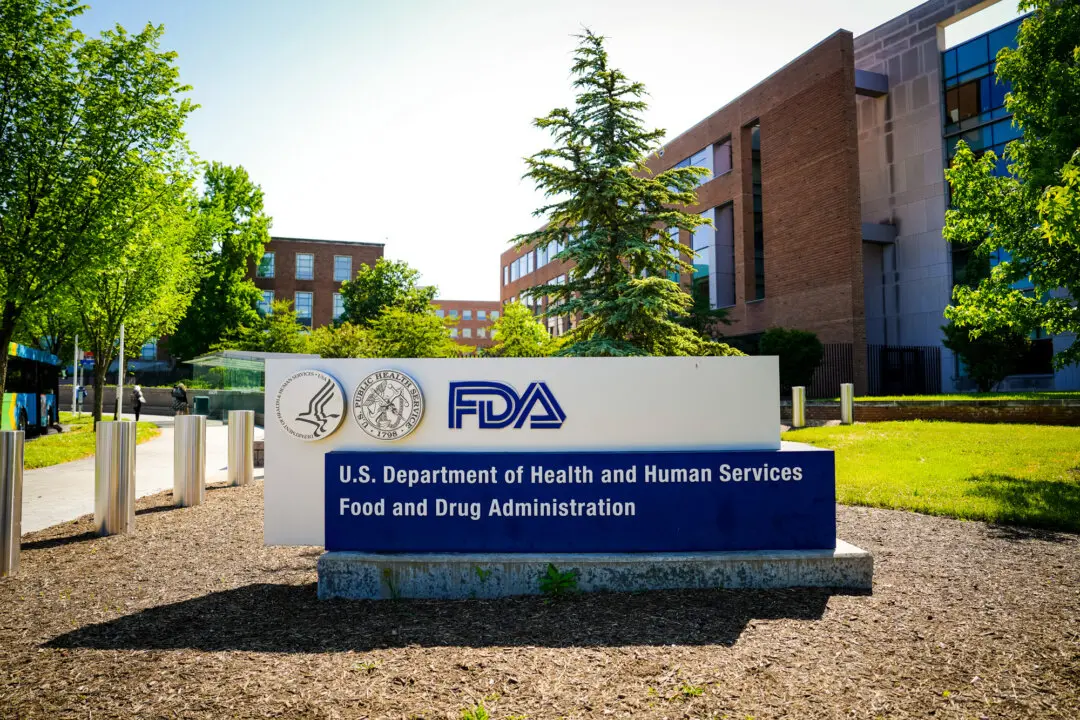California-based Tri-Union Seafoods is recalling multiple brands of tuna sold nationwide citing the possibility of a potentially deadly bacterial contamination, according to the U.S. Food and Drug Administration (FDA).
The recall is applicable to canned tuna products sold under four brand names—Genova, Van Camp’s, H-E-B, and Trader Joe’s, the agency said in a Feb. 10 recall notice.





